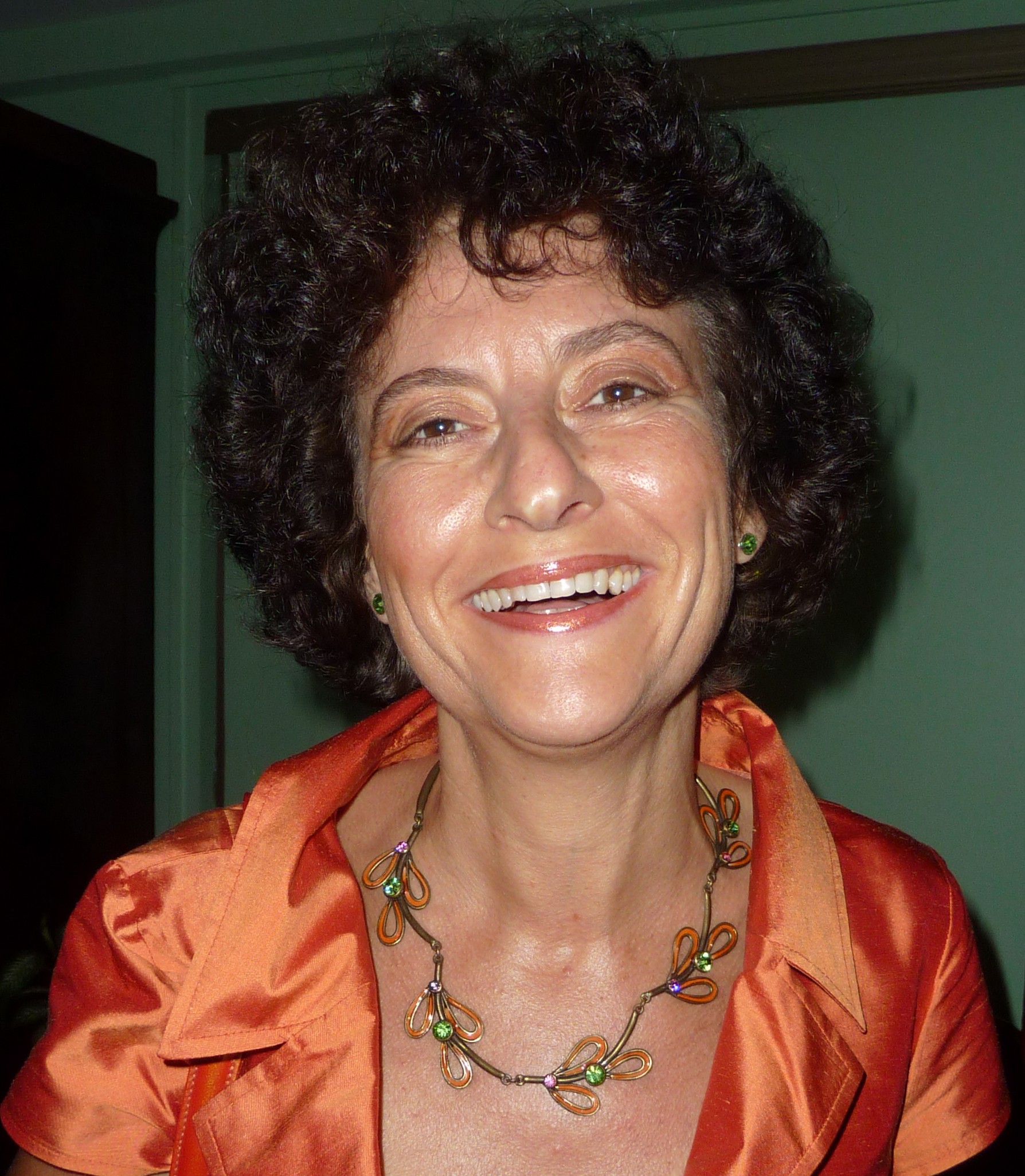


Head of Research CNRS, Institut Jacques Monod, CNRS, University Paris Diderot, France
After a university training in chemistry and biology at the University of Munich (LMU), Germany, Dr. Eva-Maria Geigl obtained a PhD in molecular radiation biology from the LMU. During her postdoctoral work at the University of Stanford, Medical Center, she was involved in the Human Genome Project focusing on the physical mapping of chromosomes and on endogenous retroviral sequences. She then joined the Jacques Monod Institute in Paris where she investigated the architecture and evolution of human chromosomes. Later she became interested in using the palaeogenetic approach to study the evolution of genomes and species, developed projects in this area and set up a high containment laboratory in which to carry out this work. She proposed that ancient DNA is preserved in bones in molecular niches and demonstrated the importance of post-excavation treatments of archaeological bones for ancient DNA preservation. She is now head of research at the French National Research Center CNRS and runs a research group at the Jacques Monod Institute in Paris. Moreover, she heads the core facility of Palaeogenomics and Molecular Taphonomy of the Jacques Monod Institute including a high containment laboratory dedicated to ancient DNA analyses. The main research lines of her group are the study of the evolution of genomes, the analysis of the domestication of animals, the study of extinct and endangered animals, parasites and pathogens, the methodological development in palaeogenetics and –genomics, and taphonomic approaches to better understand DNA preservation.
 This work is licensed under a Creative Commons Attribution-NonCommercial-ShareAlike 4.0 International License
This work is licensed under a Creative Commons Attribution-NonCommercial-ShareAlike 4.0 International License
Terms of Service